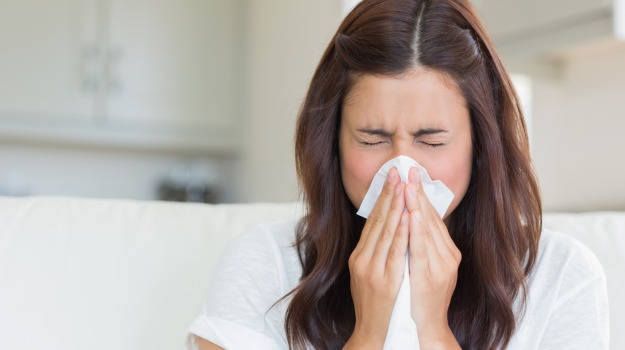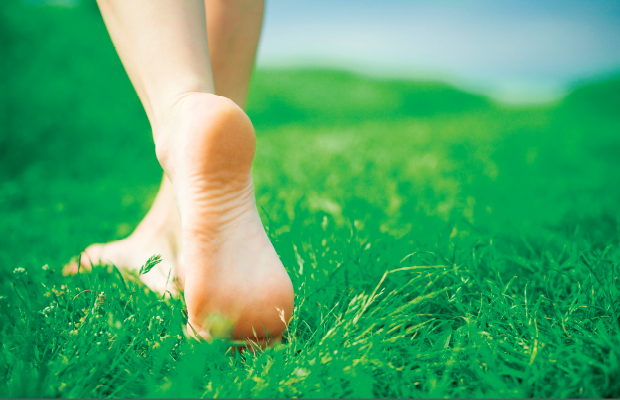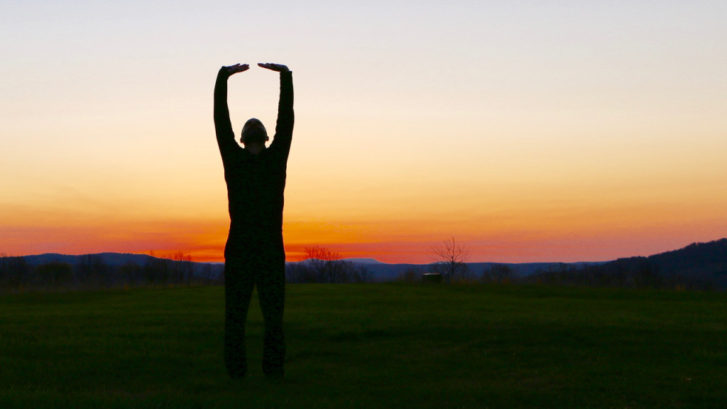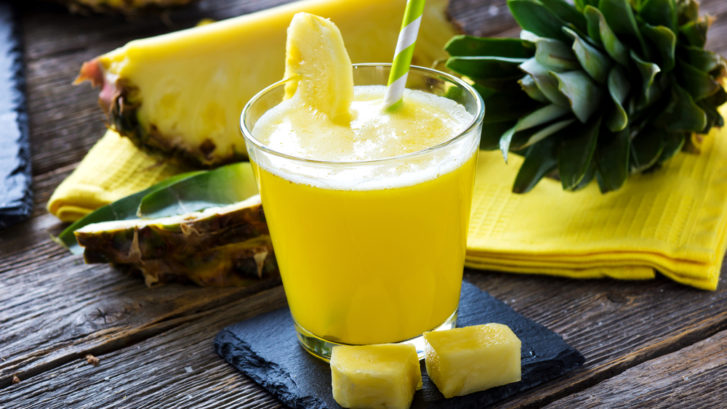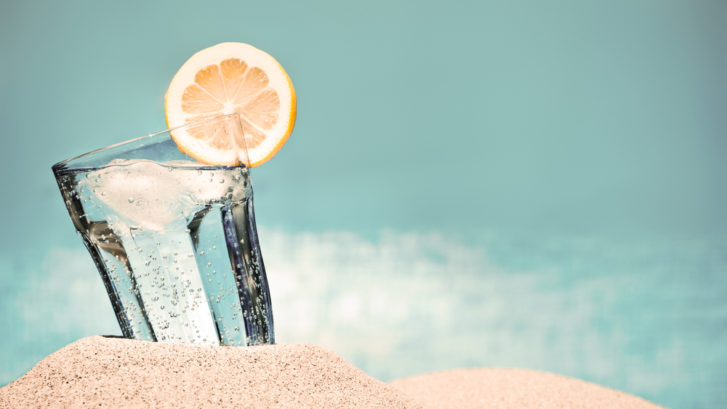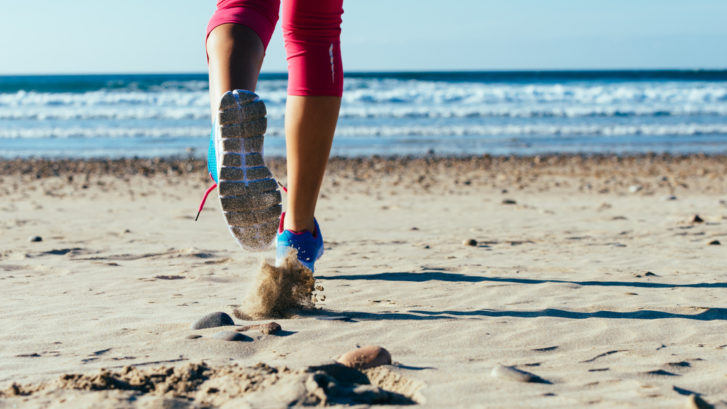You may not have heard of qigong (pronounced “chee-kung”), but you’re almost certainly familiar with tai chi, the ancient form of Chinese exercise. Qi (sometimes spelled “chi”) means breath or energy, and gong means work. So qigong means energy or breath work, and tai chi is the moving or exercise form of qigong. Unlike tai chi, however, qigong is not related to the martial arts.
While self-treatment should never replace competent medical care, the practice of qigong may complement whatever treatment you’re receiving from your doctor.
It entails specific body postures, gentle movement, rhythmic breathing and visualization. The gentle, flowing qigong exercises can help calm the body and mind, as well as replenish energy depleted by day-to-day stress, poor health habits, or illness. It has been reported to benefit such diverse conditions as depression and anxiety, headaches and other chronic pain, addictions, insomnia, and heart ailments, including high blood pressure. It also has been shown to improve circulation, balance and muscle control. Studies done at the University of California, Irvine, have shown that the practice of qigong increases both alpha waves in the brain, which are calming, and beta waves, which help to sharpen focus.
Not bad for a low-impact, equipment-free, low-cost or even free activity!
The postures and breathing techniques are simple enough that anyone, at any age and in any state of health, can learn them, quickly and easily. Unlike tai chi, there are no long forms to memorize. Qigong may be done standing, sitting or even lying down—different exercises have different requirements. It can be done anywhere indoors or outdoors, in any comfortable, loose-fitting clothing. You can even do some of the postures, movements, breathing and visualizations while standing in line, and no one will know!
You can take classes in qigong (costs average $10-$20 per class), learn from a book or DVD, or from the numerous online courses available.
Meanwhile, here’s a quick exercise that will introduce you to the immediate benefits of qigong.
Stand with your feet comfortably apart, tailbone tucked under. Breathe slowly and deeply through your nose (your mouth stays closed).
Now slowly reach your arms overhead (as if signaling a touchdown) and imagine you’re holding a beach ball filled with positive energy. Still breathing deeply, slowly lower your hands to chest height, then pause, breathe once more, then bring your hands to your tummy, and imagine you’re guiding that positive energy into your body. Smile!



